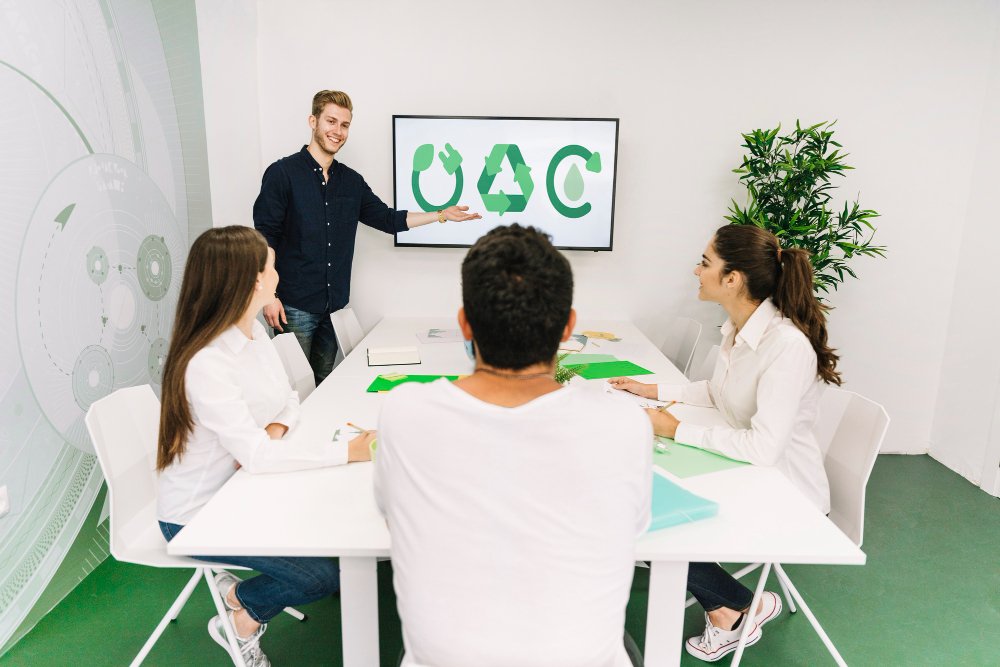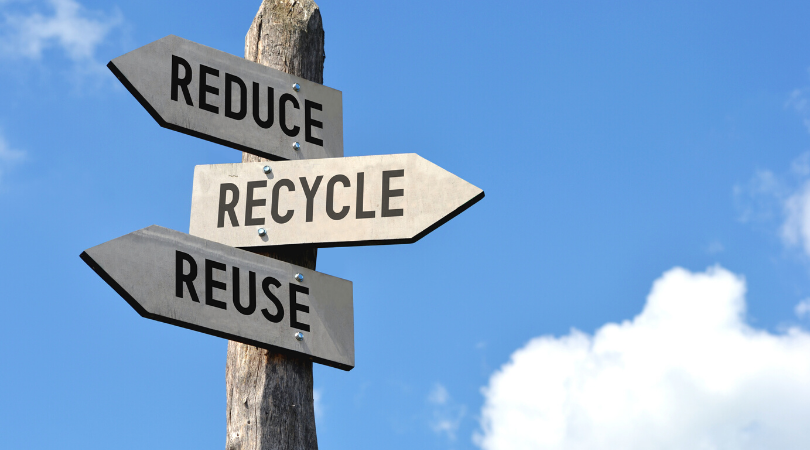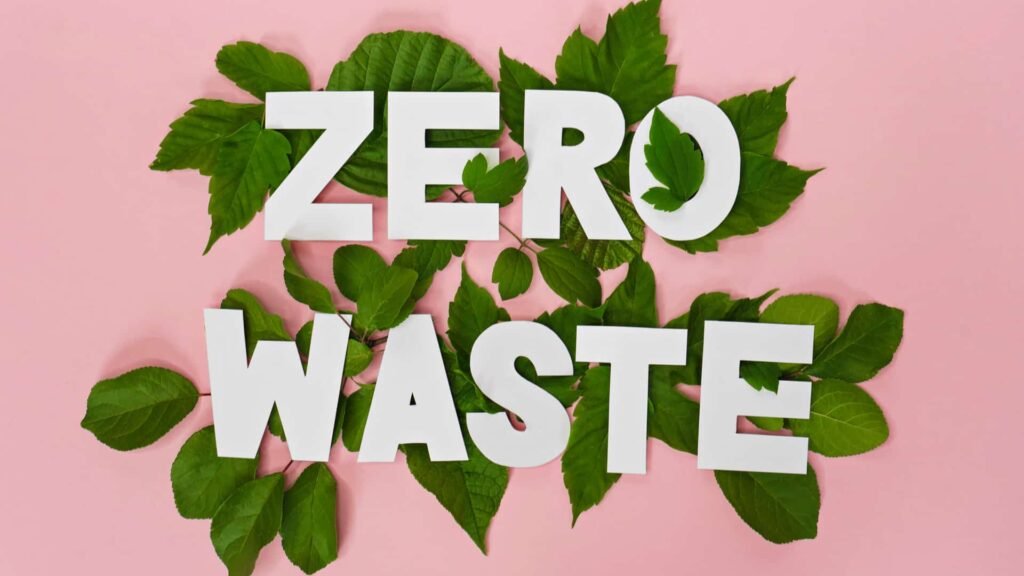
Why Sustainability Matters and How You Can Make a Difference
Sustainability isn’t just a buzzword—it’s a necessity. In a world facing climate change, environmental degradation, and resource scarcity, taking steps toward a more sustainable future is something we all need to take seriously.
But sustainability isn’t just about big policy changes or global summits. It’s about everyday actions, habits, and awareness—especially for students, educators, and lifelong learners. Whether you’re learning online or teaching in a digital classroom, you have the power to make a difference.
Here’s why sustainability matters more than ever—and how you can be part of the solution, one step at a time.
Why Sustainability Is So Important
- Protects natural resources for future generations
- Helps combat climate change and global warming
- Reduces waste and pollution
- Promotes healthier communities
- Encourages responsible decision-making in every part of life
1. Understand Your Environmental Impact

The first step to living more sustainably is awareness. Every product we use, every mile we drive, and every click online has some form of environmental impact. From electricity use to waste creation, small choices add up.
By becoming more mindful of your daily habits—whether it’s how much water you use or how often you order fast fashion—you’ll start to recognize where change is possible.
2. Reduce, Reuse, Recycle—Yes, It Still Works

It might sound simple, but these three actions are still the foundation of sustainable living. Reducing what you consume, reusing items you already own, and recycling properly can significantly cut down on waste.
As a student or educator, opt for digital textbooks instead of printed ones, use refillable water bottles and notebooks, and recycle electronics responsibly.
3. Embrace a Low-Waste Lifestyle

Going zero-waste may feel overwhelming, but starting small can have a big impact. Try cutting back on single-use plastics, saying no to unnecessary packaging, or switching to reusable products like cloth bags and bamboo utensils.
If you’re studying or working from home, look around your space—what can you swap out or simplify to reduce waste?
4. Go Green in the Digital World
Yes, even our digital habits affect the environment. Data centers use a lot of energy, and constant cloud usage has a footprint too. So, being mindful online helps.
Clean up your inbox, delete unused files, and unplug devices when not in use. Turn off your webcam during virtual meetings when it’s not needed—every small act helps reduce digital energy consumption.
5. Support Sustainable Brands and Practices
Where you shop and what you support makes a difference. Seek out brands that prioritize ethical sourcing, eco-friendly packaging, and sustainable production. Whether it’s food, fashion, or tech—your money is your voice.
Look for certifications like Fair Trade, Rainforest Alliance, or B Corp when choosing products.
6. Learn and Educate Others
Sustainability starts with learning—and that’s where students and educators shine. Explore courses on environmental science, climate action, or ethical leadership. Share what you learn with others, start conversations, or even initiate sustainability projects in your school or community.
Education has the power to spark real change. The more people understand the why behind sustainability, the more willing they are to take action.
7. Take Action, One Step at a Time
You don’t have to do everything at once. Start with what feels manageable—bike once a week instead of driving, reduce meat consumption, or switch to a sustainable search engine like Ecosia.
Every positive choice adds up, and when more people make small changes, it leads to a bigger impact.
Conclusion: Sustainability Is in Your Hands
Sustainability isn’t just for environmentalists or activists—it’s for all of us. As students, educators, and lifelong learners, we have the power to shape a better, greener future through small choices and informed actions.
Whether you’re studying for a degree or teaching the next generation, remember that your everyday habits can inspire real change. The planet is counting on all of us—and the good news is, we can start making a difference today.
